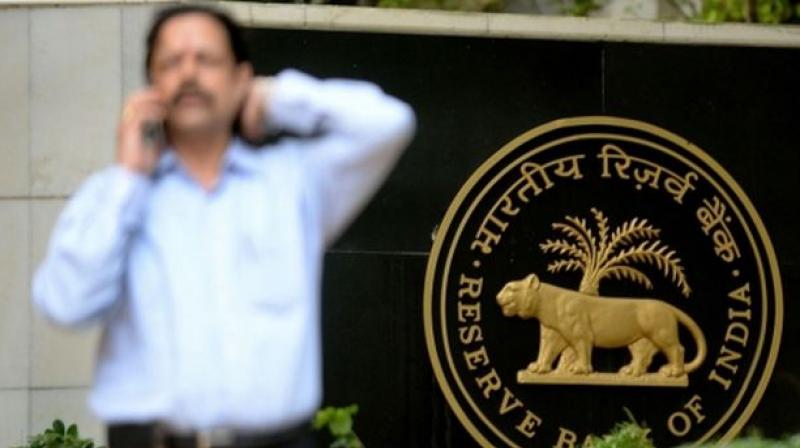Supreme Court quashes RBI’s February 12 circular on one-day default
Stressed power and sugar companies to benefit from apex court order.

Mumbai: The Supreme Court on Tuesday declared as unconstitutional the Reserve Bank of India’s (RBI) February 12, 2018 circular on defaulting companies. The circular had forced lenders to act effectively on soured loans, pushing promoters of defaulting businesses to either opt for resolution, or file for insolvency. The major beneficiaries of the Supreme Court’s action are likely to be the stressed power and sugar companies.
However, experts said that the SC judgement undermines the RBI’s action and would slow down the resolution process, though it is near-term positive for corporate-heavy public sector banks and private banks.
The total estimated debt impacted by the RBI circular was Rs 3.8 lakh crore across 70 large borrowers, of which Rs 2 lakh crore across 34 borrowers was in the power sector. Further, 92 per cent of this debt was classified as non-performing by banks as on March 31, 2018.
GMR Energy Ltd, RattanIndia Power Ltd, Association of Power Producers (APP), Independent Power Producers Association of India, Sugar Manufacturing Association from Tamil Nadu and a shipbuilding association from Gujarat moved different courts against the circular. They had challenged the RBI's directive as unconstitutional on the ground that it wrongly classified them as wilful defaulters. Their argument was that they were stressed because of external reasons beyond their control.
Several defaulters argued that customer payment was overdue in some cases because of slow processing by government departments. On many occasions, they had asked the RBI to roll back or dilute some of the most stringent clauses. The RBI refused, insisting that the new rules will improve the credit culture, as it would force banks to deal with non-performing assets more proactively, leading to a reduction in NPA addition in future.
The judgment was pronounced by an apex court bench led by Justice Rohinton Nariman, on a batch of petitions transferred to it from various High Courts.
The Supreme Court held that in the light of section 35AA of the Banking Regulation Act, the RBI could not have issued a generic circular mandating reference under the Insolvency and Bankruptcy Code (IBC).
The court also held that reference under IBC has to be on case-specific basis and with authorisation of the central government.
The Supreme Court in its judgement said, “The impugned circular will have to be declared as ultra vires as a whole, and be declared to be of no effect in law. Consequently, all actions taken under the said circular, including actions by which the Insolvency Code has been triggered must fall along with the said circular. As a result, all cases in which debtors have been proceeded against by financial creditors under Section 7 of the Insolvency Code…are declared to be non-est.”
According to Anil Gupta, Sector Head (Financial Sector Ratings) at ICRA, “Banks have made provisions of over 25-40 per cent on these accounts and hence quashing of the RBI circular should not impact the reported asset quality or profitability numbers, however the resolution process, which was expected to be expedited, may get delayed. Despite quashing of the circular, banks will continue to have an option to refer such defaulting borrower under IBC, in case the resolution plans fail.”
State Bank of India Chairman Rajnish Kumar told a news channel that the SC’s decision will not change the credit culture. “Our (SBI’s) approach to the resolution of stressed assets, which is a proactive approach, recognises early the asset and takes corrective action… there will be no change in that and the discipline which has come in the market around payment, I don’t think that is going to be diluted in any manner,” he said. “One, banks have already put a resolution framework under bank-led resolution approach where that system has already started functioning. Second is, the Supreme Court has upheld the constitutional validity of the IBC in their previous judgements,” he added.
The February 12 circular had directed lenders to refer loan accounts over Rs 2,000 crore under the Insolvency and Bankruptcy Code (IBC) if they were not resolved within 180 days of default. Banks had to treat a company as a defaulter even if it missed the repayment schedule by a day. This would not impact the NPA recognition rule. The impact of this circular was to identify stressed assets in the banking system immediately rather than wait for an account to turn NPA over 90 days past default. As soon as there was a default in the borrower’s account with any bank, all banks (singly or jointly) had to initiate steps to cure the default.

